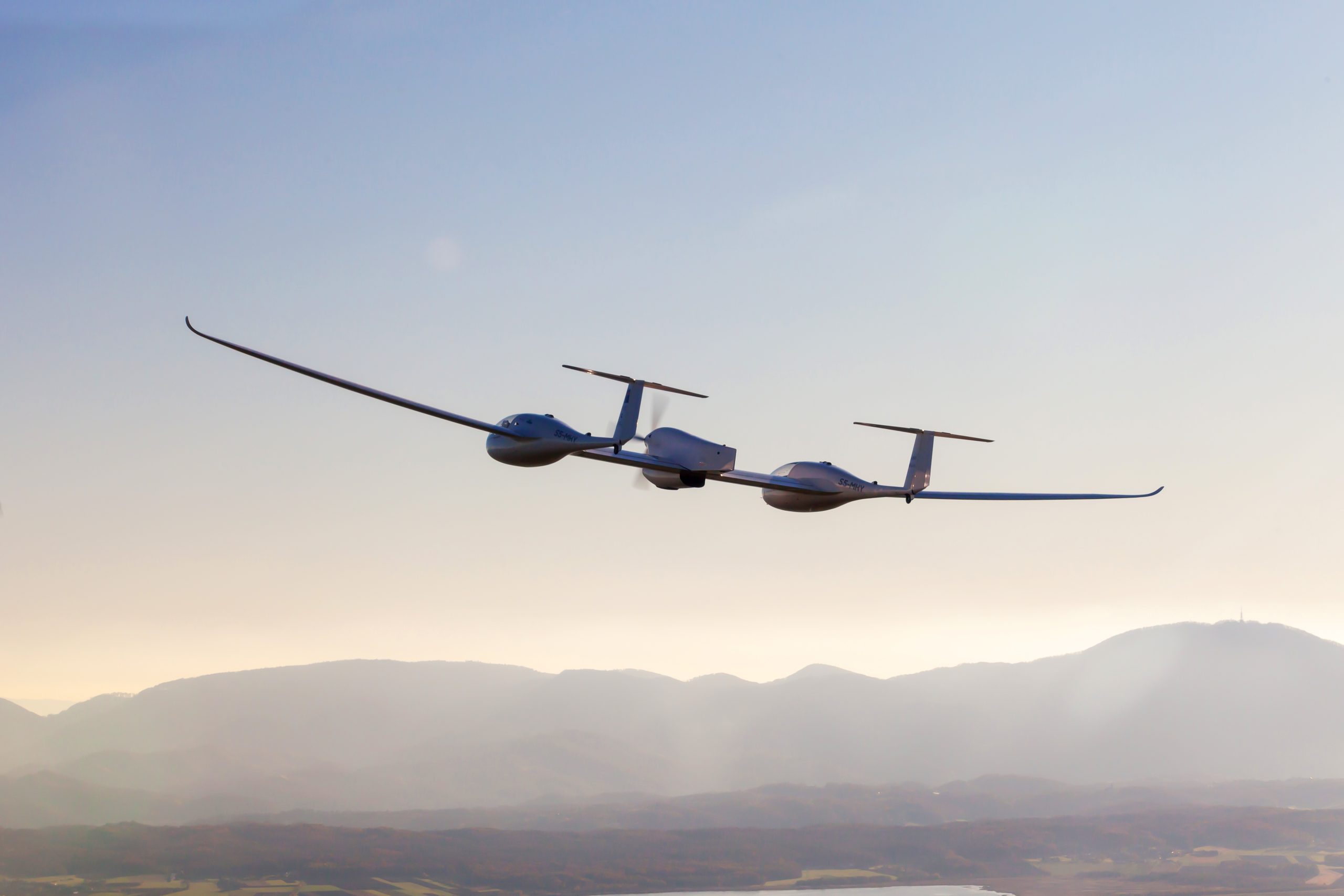
H2FLY, the Stuttgart (Germany)-based company specializing in the development of hydrogen fuel cell systems for aircraft, has been appointed project lead of the HEAVEN initiative. The aim of Project HEAVEN is to design, develop and integrate an aviation powertrain based on high-performance fuel cells and cryogenic technology into an existing aircraft – and then test it in flight.
According to a company press release:
“H2FLY has previously held direct responsibility for the fuel cell system, the “HY4” integration platform and the aircraft system architecture (including control of the fuel cell and LH2 tank systems) and, building on this experience, will now assume leadership for the project. As well as managing close collaboration between the partners, H2FLY will be directly responsible for the achievement of the project’s goals, reporting to them to the European Commission which is funding HEAVEN together with Spain, France, Germany and Slovenia under the “Horizon 2020” research and innovation programme.
“H2FLY is assuming leadership of the project as progress continues to be made on integrating the “LH2 tank system. As the company announced a few weeks ago, this phase will be completed in the coming months. An extensive campaign of tests is planned to start in early 2023 with the “HY4” testbed, and the aircraft is expected to become the first passenger aircraft to fly on liquid hydrogen.
Project HEAVEN is funded by the Fuel Cells and Hydrogen 2 Joint Undertaking (FCH 2 JU) under grant agreement no. 826247. The public-private partnership FCH 2 JU supports research, technology development and demonstration activities in fuel cell and hydrogen energy technologies in Europe. HEAVEN is part of the “Horizon 2020” research and innovation programme funded by the European Union as well as Spain, France, Germany and Slovenia. In addition to H2FLY, the HEAVEN consortium is made up of the following partners: Air Liquide Advanced Technologies (the designer and supplier of cryogenic tanks), Pipistrel Vertical Solutions (which supports the integration and testing of the tank), the DLR German Aerospace Center (which supports the operation and testing of the high-performance fuel cell and system architectures) and EKPO (which works on the fuel cell stack development on a laboratory level).
For more information

